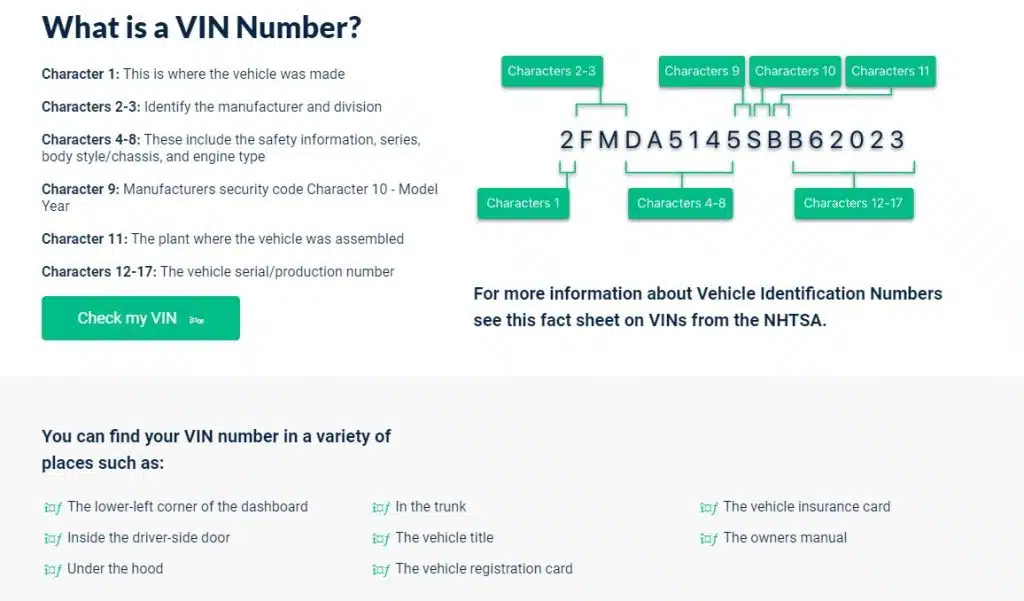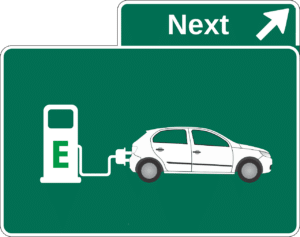You may find yourself questioning “why is my car overheating?” at the most inopportune time. Here are the answers.
Gasoline engines are designed to work at a temperature of about 210 degrees. Every engine has an integrated cooling system to help the engine remain at this temperature while working. The cooling system consists of a radiator, hoses, a fan, a water pump, and a thermostat.
The first indication that your car may be overheating is when the warning lights on your dashboard indicate your engine is overheating. Some vehicles still have a hot/cold gauge. When the gauge goes into the red zone, your car is overheating. Another noticeable sign of overheating is seeing steam come out from under your hood.
If you see any of these warning signs of overheating, you must get your car off the road and stop so that it can cool down. Running the vehicle while it is overheated could significantly damage the engine.
What Causes Cars To Overheat?
1. Low Coolant Levels
All vehicles run on a coolant generally consisting of 50 percent water and 50 percent antifreeze. Antifreeze can help reduce heat, but its primary purpose is to prevent the water from freezing during the winter.
If your coolant level is low, your car can overheat. Let your vehicle sit and cool down for a while before trying to add coolant to the radiator. The water in the radiator is boiling and under pressure. If you release it too soon after becoming overheated, it can lead to injuries.
2. Bad Thermostat/Bad Radiator Cap
The thermostat of your cooling system is usually attached to the radiator cap. The thermostat cannot work properly if the cap is bad or loose. Additionally, if the cap is loose, the system does not get the pressure it needs to work correctly.
Your thermostat may also have broken. Older vehicles that may have previously overheated could have a malfunctioning thermostat. You will need to replace this part for the cooling system to work properly.
3. Leaking or Burst Coolant Hoses
Radiator hoses are designed to withstand excessive heat. However, these hoses break down over time, and may burst requiring replacement. If the hose is still in good condition, the connection might be loose, leading to a leak.
4. Cooling Fan Is Broken
The cooling fan is an essential part of the cooling system. When the heated water exits your engine and is about to enter the radiator system, it passes in front of the cooling fan. This fan is essential in helping drop the temperature of the liquid. Since the cooling system is an enclosed system, it needs to be cooled by the fan before it recirculates into the engine.
5. Clogged Radiator
Your radiator needs to be flushed regularly to remove buildup from the water and coolant. If the radiator becomes clogged, the system cannot recirculate enough water to cool the engine.
6. Blocked Exhaust System
If any part of your exhaust system is not working, your vehicle can run much hotter than necessary. If your cooling system is in good repair, you should ensure the exhaust system is also working.

If Your Engine Overheats
If your vehicle begins to overheat, you are encouraged to do the following:
- Get your vehicle off the road. Stopping your vehicle can help reduce the heat in your engine.
- If you cannot pull over immediately, turn on your heater and run it full blast with your windows open. While it may sound silly, the heater in your car works off the engine’s heat, and this will pull heat away from the engine until you can stop.
- Reduce the power you are using as much as possible so your engine does not have to work harder. Turn off the air conditioning and any other unnecessary systems to operate the vehicle. Your engine will not have to start as hard and start to cool down.
- Do not open your radiator right away. The system is under pressure, and the water is at a boiling point. Opening the radiator at this time can lead to serious injuries. Either wait for the engine to cool down before checking the water level or call for a tow truck.
Preventing Overheating
There are ways that you can help prevent overheating in your vehicle. Prevention can help you avoid costly repairs.
- Regularly check your coolant levels. You should make sure there is enough antifreeze in the vehicle to operate it during the winter.
- Have your system flushed at least once a year. This will help prevent buildup and clogging in your radiator.
- If you are not sure how to maintain the coolant system, routinely take it to your favorite mechanic and have them check your cooling system.
Preventative maintenance can help you avoid costly towing and repair bills if your car overheats.
When Purchasing A Vehicle
Always remember to run a VINsmart report on any used vehicle before making a purchase. A VINsmart report runs a complete history on the vehicle including whether it has ever been reported as stolen, involved in a major accident, or listed as a totaled vehicle.
VINsmart reports will also give you a registration history and mileage at registration. It reports any significant incidents related to the vehicle, such as being involved in a fire or flood.
When you are going to purchase a used vehicle, the best way to ensure you are making a good purchase is to know the vehicle’s complete history.






